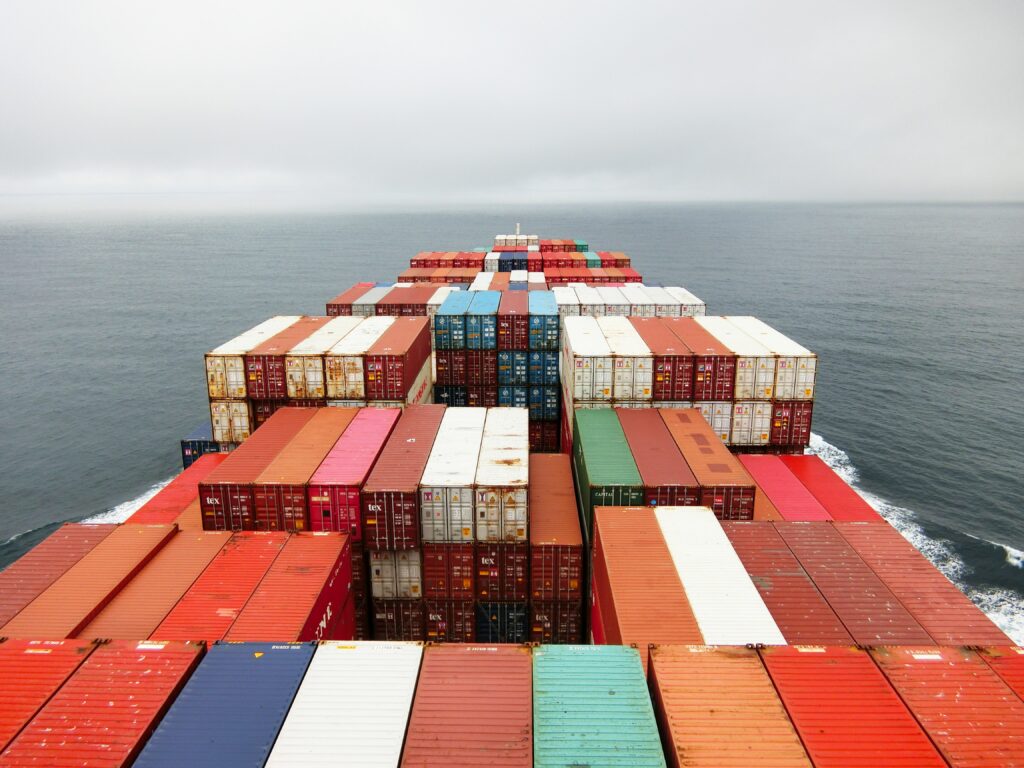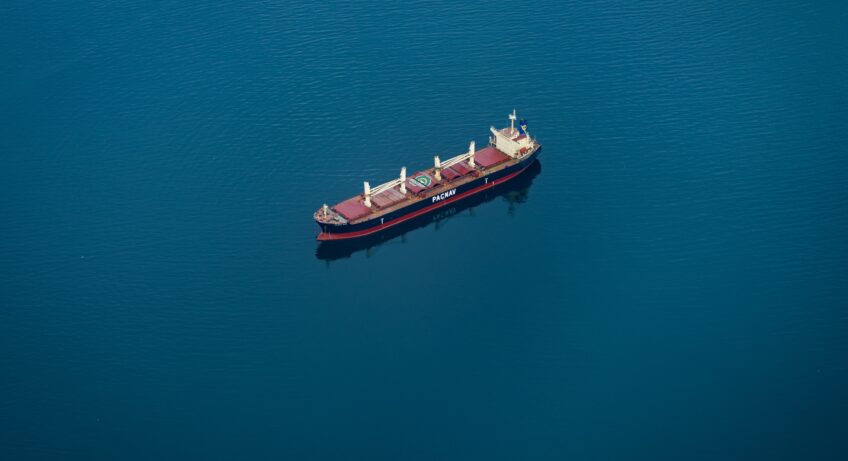In today’s world, where sustainability has become a pressing issue, industries are constantly looking for innovative ways to reduce their carbon footprint. The shipping industry is no exception. In Malaysia, there have been remarkable innovations in sustainable vessel concepts, particularly in the design of Platform Supply Vessels (PSVs).
PSVs are specialized vessels that are used to transport equipment and supplies to offshore oil and gas platforms. These vessels are known for their unique design, which allows for the safe transportation of heavy and bulky items to offshore facilities.
Recently, there have been significant advancements in PSV design that prioritize sustainability and efficiency. Malaysian engineers and designers have developed new vessel concepts that utilize the latest technology to minimize environmental impact and maximize performance. Click more information here to learn more.
What are Sustainable Vessel Concepts?
Sustainable vessel concepts are designs that prioritize the reduction of negative environmental impact, increase energy efficiency, and improve safety in the maritime industry. They employ various technologies and design elements to achieve these objectives.
In Malaysia, sustainable vessel concepts are particularly focused on reducing greenhouse gas emissions and increasing fuel efficiency. The innovative PSV designs developed by Malaysian engineers and designers incorporate state-of-the-art technologies, including hybrid propulsion systems, advanced waste heat recovery systems, and optimized hull designs, among others.
How do Malaysian Innovations in PSV Design Help the Environment?
Malaysian innovations in PSV design are crucial to reducing the environmental impact of the maritime industry. By implementing sustainable vessel concepts, these designs minimize greenhouse gas emissions, reduce fuel consumption, and optimize energy usage.
Hybrid propulsion systems are one such technology that has been integrated into Malaysian PSV designs. These systems use a combination of conventional diesel engines and electric motors to reduce fuel consumption and emissions significantly.
Moreover, advanced waste heat recovery systems are also employed in Malaysian PSV designs to recover waste heat from the exhaust gases of the engines. This waste heat is then used to power other onboard systems, further reducing the vessel’s overall energy consumption.

The Advantages of Sustainable Vessel Concepts
The advantages of sustainable vessel concepts go beyond just environmental benefits. These designs offer several economic advantages as well. By reducing fuel consumption and emissions, sustainable vessels result in lower operational costs, higher efficiency, and increased competitiveness in the industry.
Furthermore, sustainable vessel designs have a positive impact on the safety of workers and the vessels themselves. These designs are built to withstand harsh weather conditions and reduce the risk of accidents and mishaps. This not only increases the safety of workers onboard but also reduces the likelihood of environmental disasters caused by oil spills.
Conclusion
Malaysian innovations in sustainable PSV design are a step towards a greener future in the maritime industry. The integration of advanced technologies in PSV designs has led to significant improvements in energy efficiency, reduced environmental impact, and increased safety for workers. These designs offer numerous economic benefits, making them a win-win solution for the industry and the environment.
As the world continues to face the challenges of climate change, sustainable vessel concepts will become increasingly important in the maritime industry. Malaysia is already leading the way in this field, and it is time for other countries to follow suit. By prioritizing sustainable vessel concepts, we can ensure a greener and safer future for the maritime industry.

